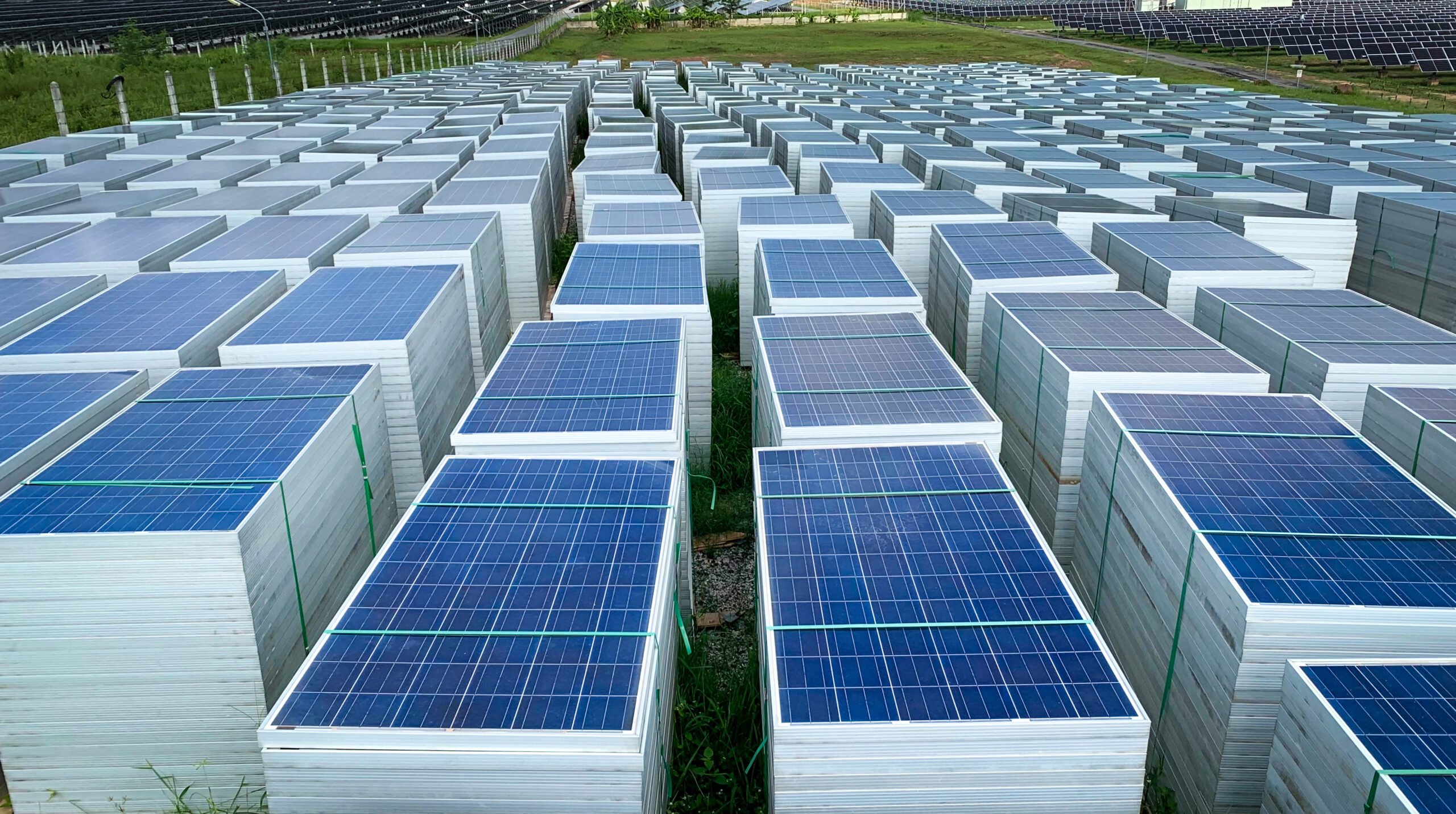Abstract
This seminar explores the future of building-integrated photovoltaics (BIPV), with a special focus on transparent photovoltaic (TPV) technologies. While significant progress has been made in recent decades, further innovation is needed to enhance the energy performance of buildings by 2050: achieving decarbonisation, strengthening adaptation and resilience to climate change, conserving unique architectural contexts, and contributing to mitigate the urban heat island effect. TPV offers a promising pathway for advancing building-integrated photovoltaic: it enables electricity generation through different building elements, unlocking new possibilities for those with limited roof space, listed environments, or demanding aesthetic requirements. By diversifying photovoltaic surfaces beyond rooftops, TPV supports greater self-sufficiency, mitigates reliance on the grid, and contributes to improved performance under extreme heat events. The seminar will present current market and laboratory developments, their opportunities and challenges, and highlight the organic solar cells as a promising technology to integrate TPV in the building sector.
Program
- The new standard on Net Zero Carbon Buildings.
- Energy performance of buildings by 2050: Opportunities and challenges of transparent photovoltaic technologies.
- Opportunities of Organic PV as an emerging technology.
Speakers
- Prof Jesus Lizana, Department of Engineering Science, University of Oxford (UK)
- Prof Aurora Monge-Barrio, School of Architecture, University of Navarra (Spain)
- Prof Maria Fernandez-Vigil, School of Architecture, University of Navarra (Spain)
- Prof Moritz Riede, Department of Physics, University of Oxford (UK)
